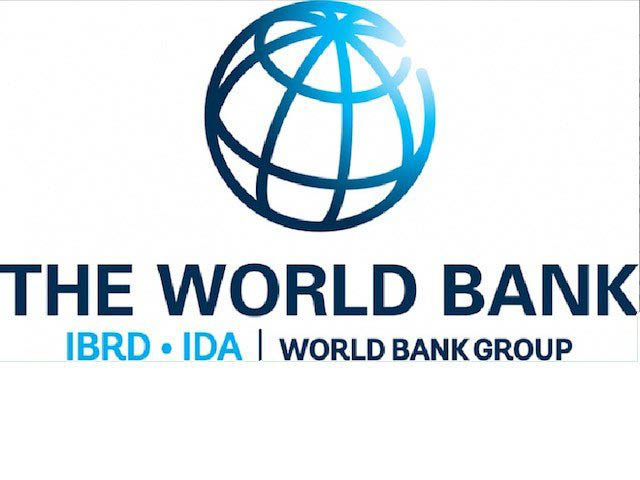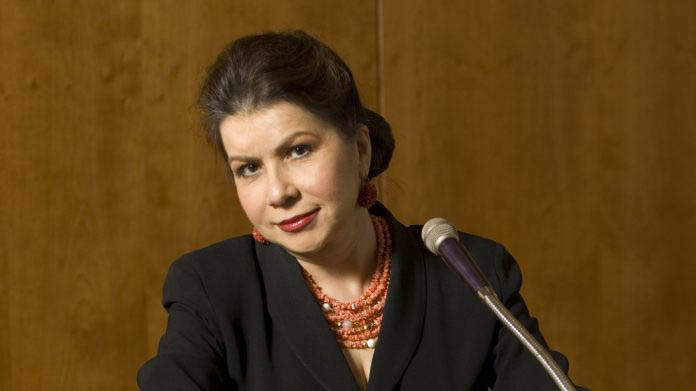Realistic hope for meaningful improvement in the global economy this year will hinge on the extent to which efforts to roll back and even halt the further spread on the coronavirus gain meaningful momentum, the World Bank says in its January 2021 Global Economic Prospects Report published earlier this week.
The Report, while anticipating a 4% expansion in the global economy this year says that its projection is predicated on an initial Covid-19 vaccination becoming widespread throughout the year. The Bank’s report places the responsibility squarely on the shoulders of policy-makers to rein in the pandemic and to move in the direction of putting in place investment-enhancing reforms.
 In a year when, the Bank says, the performance of the global economy will hinge heavily on progress made in rolling back the devastating effects of COVID-19 the World Bank is projecting that Caribbean and Latin America economies are projected to grow by around 3.7% this year, the second highest projected global growth rate, behind East Asia and the Pacific (7.4%) and marginally higher than Europe and Central Asia where growth is expected to reach 3.3%.
In a year when, the Bank says, the performance of the global economy will hinge heavily on progress made in rolling back the devastating effects of COVID-19 the World Bank is projecting that Caribbean and Latin America economies are projected to grow by around 3.7% this year, the second highest projected global growth rate, behind East Asia and the Pacific (7.4%) and marginally higher than Europe and Central Asia where growth is expected to reach 3.3%.
The World Bank’s 2021 growth projections however, do not evade the reality that the heavy toll in deaths, illnesses and worsening levels of poverty, globally, wrought by the pandemic are likely to combine to further depress economic activity and incomes for a prolonged period. Accordingly, it is emphatic in its view that the recovery process is only likely to be realized if its occurs against a backdrop of near-term policy priorities that focus unerringly on controlling the further spread of the virus and ensuring rapid and widespread vaccine deployment. Further, the Bank says that in order to support economic recovery the authorities will need to facilitate a reinvestment cycle targeting sustainable growth that is minimally dependent on government debt.
“While the global economy appears to have entered a subdued recovery, policymakers face formidable challenges in public health, debt management, budget policies, central banking and structural reforms as they try to ensure that this still fragile global recovery gains traction and sets a foundation for robust growth,” World Bank Group President David Malpass says. “To overcome the impacts of the pandemic and counter the investment headwind, there needs to be a major push to improve business environments, increase labor and product market flexibility, and strengthen transparency and governance,” the World Bank Chief Executive adds.
The Bank says that the extent of the crisis resulting from the onset of the pandemic had been made worse by the fact disruptions in most of the emerging market economies had been more acute than had been expected. ““Financial fragilities in many of these countries, as the growth shock impacts vulnerable households and business balance sheets, will also need to be addressed,” Vice President and World Bank Group and Chief Economist, Carmen Reinhart, is quoted as saying.
On the issue of a near-term outlook for global economic recovery the Bank appears to be hedging its bets, asserting that different growth outcome scenarios are possible, the downside scenario being one in which COVID-19 related infections continue to rise and the rollout of a vaccination is delayed, thereby limiting the global growth expansion to around 1.6% this year. On the other hand the Bank says that successful control of the pandemic and an accelerated vaccination process could see global growth accelerate to close to 5% this year. Overall aggregate GDP in emerging markets and developing economies, including China, the Bank says, is expected to grow by 5% this year following an overall contraction of 2.6% last year, the Bank says.
Sections of the current World Bank Global Economic Prospects Report examine how the pandemic has amplified risks around debt accumulation and how it could restrict growth over the long term.
Meanwhile, the Bank’s Acting Vice President for Equitable Growth and Financial Institutions Ayhan Kose says that “the global community needs to “act rapidly and forcefully to make sure the recent debt accumulation does not end with a string of debt crises, since “the developing world cannot afford another lost decade.”
The World Bank says, meanwhile, the onset of the pandemic is likely to worsen the slowdown in global growth projected over the next decade on account of underinvestment, underemployment and labour force decline in many advanced economies.





